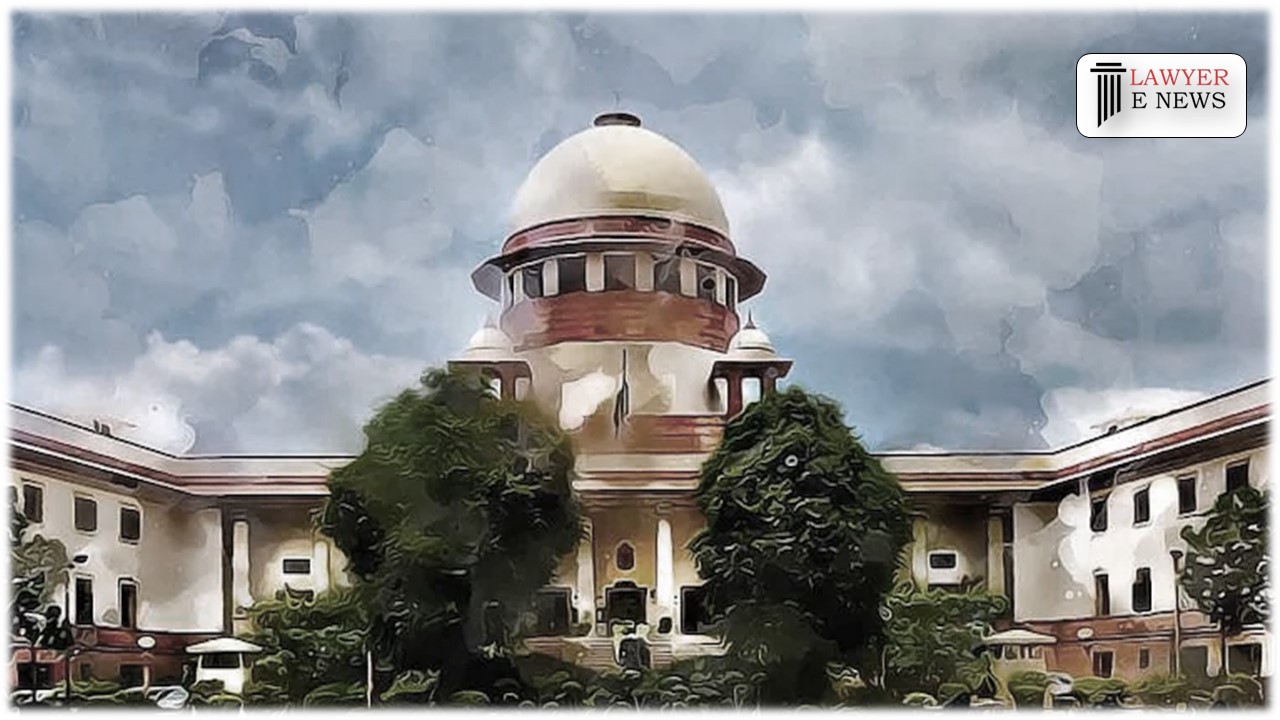-
by Admin
15 February 2026 5:35 AM



The Supreme Court, in a significant ruling, has set aside the Special Court, Bombay's orders in the case involving Suman L. Shah and others. The apex court bench, comprising Justices Pamidighantam Sri Narasimha and Sandeep Mehta, delivered the judgment on March 5, 2024, overturning the lower court's decision on grounds of insufficient evidence in the case pertaining to transactions in securities and the attachment of properties under the Special Court (Trial of Offences Relating to Transactions in Securities) Act, 1992.
Legal Context and Background: The appeals arose from the Special Court's judgment concerning recovery proceedings under the Special Court (Trial of Offences Relating to Transactions in Securities) Act, 1992. The key legal question revolved around the attachment of properties of notified persons involved in transactions in securities, specifically focusing on Sections 3, 9A, 11(1), and 11(2) of the Act of 1992, and the burden of proof under Section 101 of the Indian Evidence Act, 1872.
Factual Matrix: The case entailed the recovery of substantial funds from Suman L. Shah and Laxmichand Shah, claimed to be associated with benami companies allegedly owned by Pallav Sheth. The Special Court had ordered the recovery based on the assertion that these funds were due to benami companies connected with Sheth, a notified person under the Act.
Court’s Assessment: The Supreme Court meticulously analyzed the evidence presented, emphasizing the principles of burden of proof. Justice Mehta observed, “the entire case of the Custodian regarding subsisting debts...was based on a communication received from the Income Tax Department. The appropriate witness to prove such communication would be the official concerned from the Income Tax Department. However, as has been mentioned above, no witness from the Income Tax Department was examined in support of the recovery application."
The Court further noted that the burden of proof initially lay on the Custodian to establish the existence of the debt. It was only after this burden was discharged that the onus could potentially shift to the appellants to rebut the same. The Court found that the appellants' assertion that the loans were repaid could not be dismissed as unnatural or an afterthought.
Overturning the Special Court's judgment, the Supreme Court stated, "the conclusions drawn...by the Special Court...do not stand to scrutiny and cannot be sustained as being contrary to facts and law." Accordingly, the appeals were allowed, and the judgments of the Special Court were quashed. The Court also directed the reimbursement of amounts deposited by the appellants in compliance with a previous order.
Date of Decision: 5th March 2024
Suman L. Shah vs. The Custodian & Ors.
